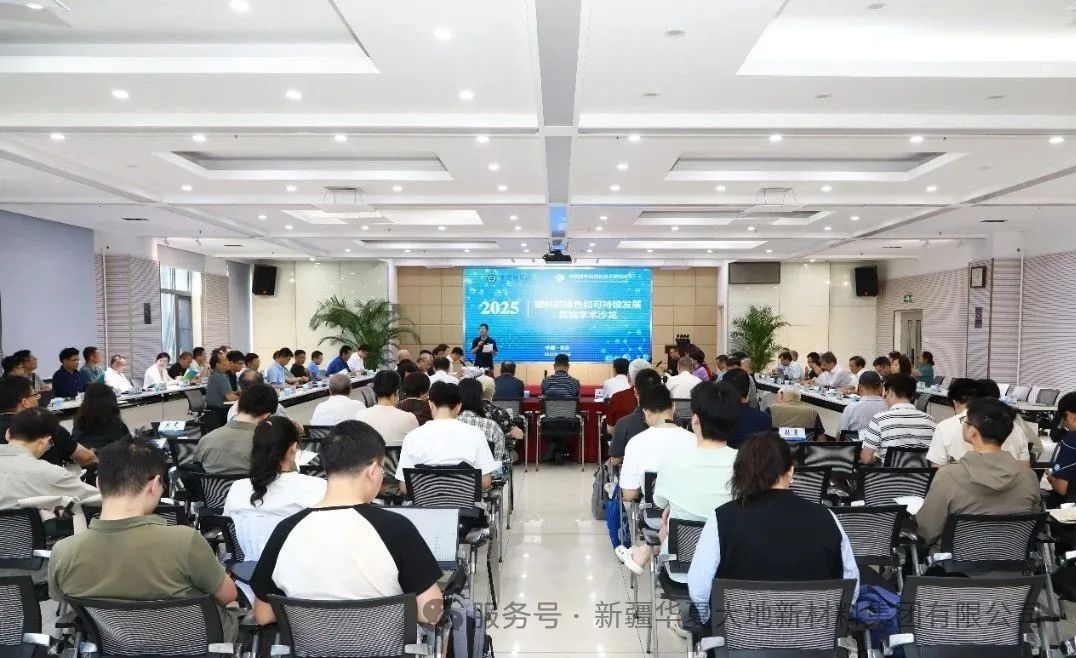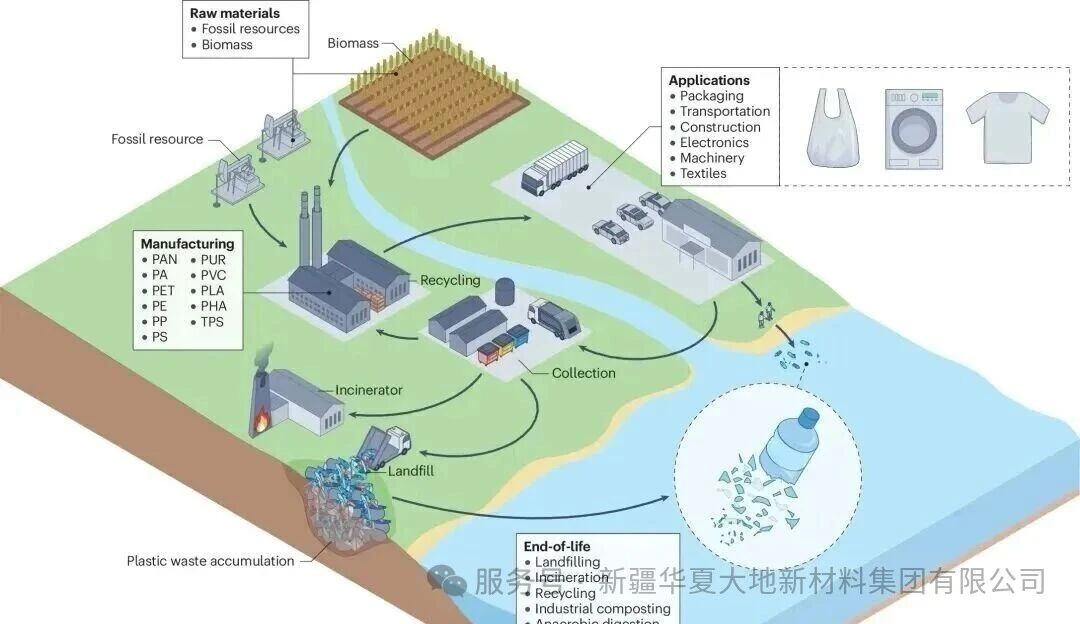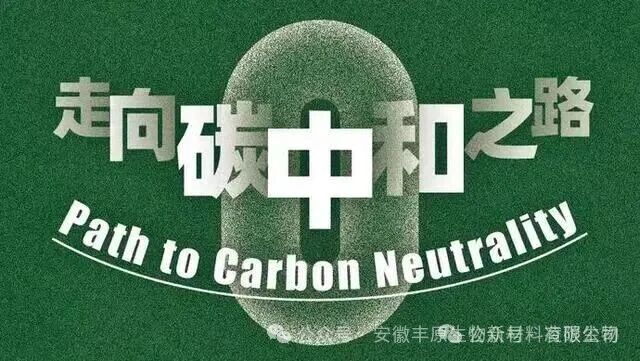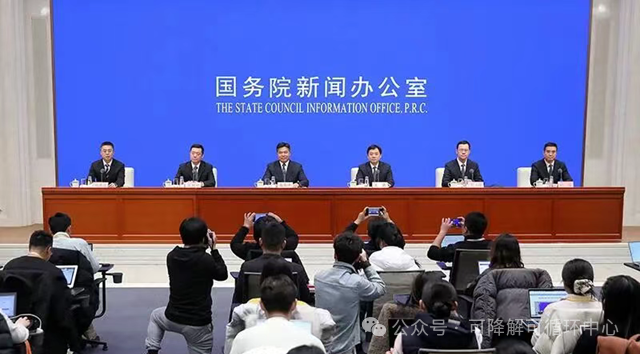On June 7th, a high-end academic salon on "Green and Sustainable Development of Plastics" was held at the Institute of Physics and Chemistry of the Chinese Academy of Sciences. Several academicians and experts discussed the current status and prospects of related technologies such as plastic recycling and circular utilization, bio-based plastics, and biodegradable plastics from the perspective of scientific and technological development, and planned the key directions for the sustainable development of the plastic industry in the future.
When delivering the keynote speech, Wang Qi, an academician of the Chinese Academy of Engineering, said that plastic has the advantages of being lightweight and easy to process, with excellent comprehensive performance, and is widely used in all fields of the national economy. Since the founding of the People's Republic of China, China's annual plastic output has increased by nearly 400,000 times. Both its output and consumption rank first in the world. Relevant industries (such as synthetic resin industry, plastic processing industry, and plastic machinery industry) have all become pillar industries of China's national economy. However, the rapid development and extensive use of plastic have led to the generation of a large amount of plastic waste. The global accumulation of plastic waste has reached 9.2 billion tons, of which only 9% can be recycled and reused, 12% is incinerated, and 79% is landfilled or accumulated in the natural environment.
She said that in 2023, China generated 62 million tons of waste plastic, with a recycled and regenerated volume of 19 million tons, and a recycling rate of approximately 30%, which is higher than the global average of 9%. On the other hand, new business forms have put forward new requirements for the prevention and control of waste plastic pollution. For instance, the disposal of retired high-molecular components from new energy sources (such as waste wind turbine blades, photovoltaic back sheets, and lithium battery separators) is needed, and the trade-in of household appliances, electronic products, and automobiles has also led to a significant increase in plastic waste. Therefore, it is necessary to prevent and control waste plastic pollution from all aspects and throughout the entire chain, including plastic synthesis, processing, application, and waste treatment.
For instance, in the synthesis stage, it is necessary to develop high-performance, long-lasting and recyclable polymer materials to reduce waste volume; promote the development of environmentally friendly polymer materials that do not rely on petroleum; and develop large-scale chemical technologies that utilize biomass carbon (cellulose, chitin, starch, etc.) to prevent plastic pollution. Special attention should be paid to biodegradable plastics, which can be decomposed by microorganisms into carbon dioxide and water under certain conditions and within a certain period of time. In the waste treatment stage, priority should be given to the development of environmentally friendly physical recycling and utilization technologies, as well as clean and efficient chemical cracking recycling methods, to ensure the safe landfill of kitchen waste and wet garbage.
Experts believe that to address the environmental harm caused by discarded plastics and achieve green and sustainable development in the plastic industry, it is first necessary to reduce the amount of plastic used, especially the use of disposable plastic products. Additionally, it is essential to develop new types of plastic materials that can degrade in specific environments, facilitating the repeated use and chemical recycling of plastic products and reducing carbon emissions and energy consumption throughout the plastic's life cycle.
At the same time, efforts should be made to vigorously develop bio-based plastics, enabling the plastic industry to reduce its reliance on fossil resources and make greater use of renewable resources. Finally, more support should be given to the research and development of new biodegradable plastics that can decompose into carbon dioxide and water in the natural environment, so as to reduce the harm to the environment caused by the disposal of non-recyclable disposable plastic products.








